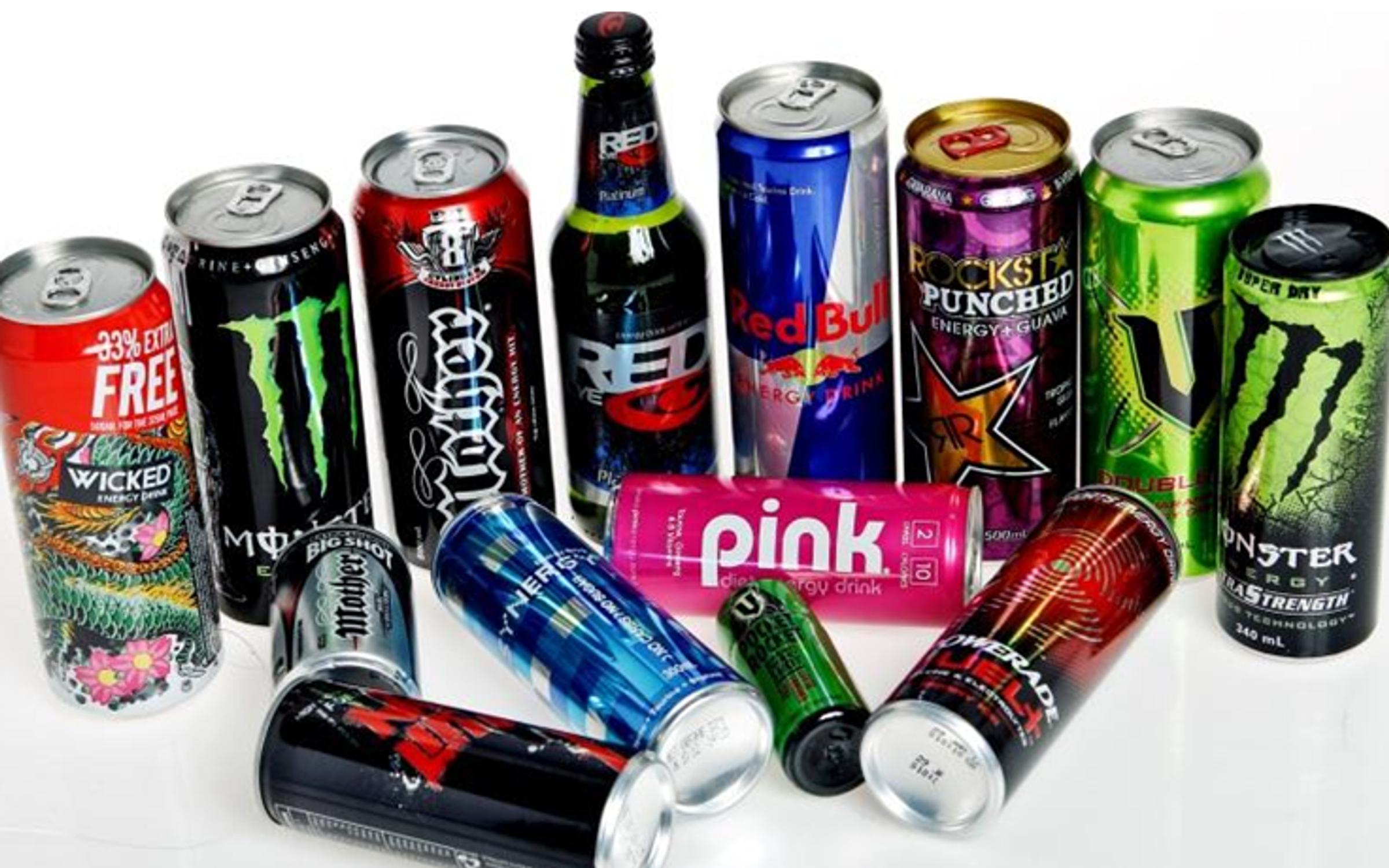Did you know?

Energy drinks: how do they affect your child?
by Felicity Robinson, teacher of Science and Amir Tatai, Wellbeing Coordinator
Currently at Preshil there has been increasing concern about the consumption of energy drinks while at school. Given the potential health and mental impacts upon students, the teachers have become concerned for the wellbeing of students, as well as their ability to focus in class. Preshil does not have a formal policy on banning these drinks, however we feel it is important for all students and parents to be aware of the potential impacts upon learning and wellbeing. Below is a brief summary of some of the recent evidence showing why it would be a good idea to have a conversation with your young person, and make sure they are aware of the potential consequences of these drinks.
What are the facts?
- Caffeine is a stimulant drug that acts on the brain and nervous system.
- Like many other drugs, it is possible to become dependent on caffeine.
- Children should limit their intake of caffeine.
- Energy drinks typically have more caffeine and sugar than soft drinks.
Are young people being manipulated?
Advertising of energy drinks is a money game. There are no real obligations around health or wellbeing and, thus, the lengths companies will go to manipulate their audience have no boundaries. Bright packaging, relatable slogans and no clear markings of caffeine or sugar content make these products enticing to young people.
While the government has policies on the level of caffeine allowed in single cans (320mg/L) and labels have been amended to display warnings for children, there are still no limits to what a young person can purchase or consume, despite the risks. In comparison, a single shot of coffee has approximately 40-70mg of caffeine. This means young people need to understand the impact of these drinks and to regulate their intake at a sensitive time in their physical and mental growth.
Symptoms of excess caffeine:
- a rise in body temperature
- frequent urination
- dehydration
- dizziness and headaches
- after the energy burst, an even greater feeling of fatigue
- rapid heartbeat (palpitations)
- restlessness and excitability
- anxiety and irritability
- trembling hands
- sleeplessness
Prolonged use could also result in addiction, or provide a gateway to other forms of drug dependence.
Presently, at Preshil the dominant concerns are about the sharing of these energy drinks, as the effects that it may have on others could be detrimental to their ability to focus on their studies, be distracted or distracting for other students during learning time.
Starting a conversation with your young person doesn’t have to become an argument. Honesty is generally the best path to take around the facts about caffeine, the unpredictable nature of its effects on health and wellbeing and the need for mindful consumption.
If you are concerned about your child and would like to speak with somebody at the School, please feel free to call your child’s year level coordinator, or Amir Tatai, Wellbeing Coordinator.
Here are some conversation starters.
The drug classroom: https://youtu.be/QF0Ck2VFi0A
Reddit discussion: https://www.reddit.com/r/TheDrugClass...
PsychonautWiki Page: https://psychonautwiki.org/wiki/Caffeine
References:
Devi, S. L. S., Jaikumar, S., Abilash, S., & Sinha, P. (2018). Caffeine usage among Late Adolescence: An Experience from a Single Tertiary Care Hospital. Research Journal of Pharmacy and Technology, 11(11), 4807-4812.
Marmorstein, N. R. (2019). Investigating associations between caffeinated beverage consumption and later alcohol consumption among early adolescents. Addictive behaviors, 90, 362-368.
Victorian Government, (2019). Better Health Victoria – Caffeine. Retrieved 31/05/19 from https://www.betterhealth.vic.gov.au/health/healthyliving/caffeine
